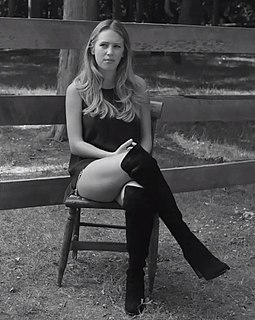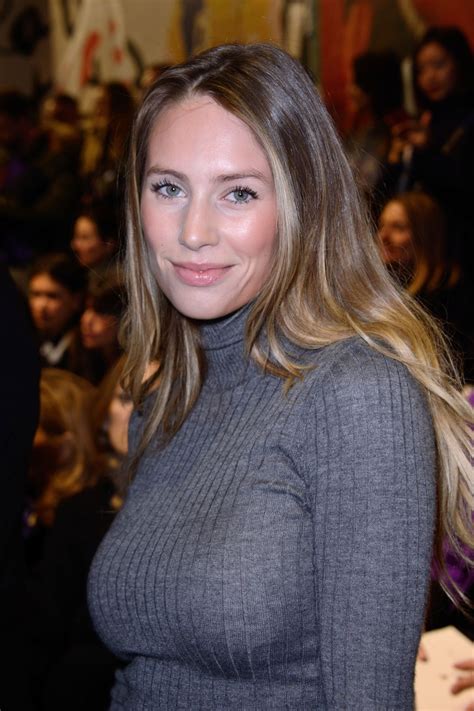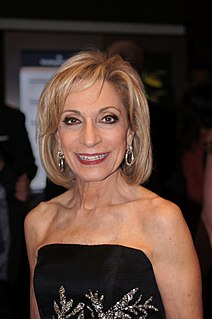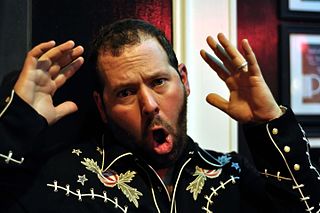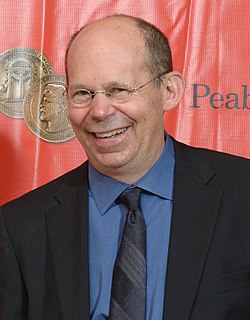A Quote by Amos Oz
Literature is about telling stories.
Quote Topics
Related Quotes
There's a social and human necessity for some kind of continuity, but it's not axiomatic and not something you're born into; it's something you have to work at. And one of the ways to work at it - perhaps the best - is storytelling: telling stories about yourself to others, telling stories about yourself to yourself, telling stories about others to others.
My real purpose in telling middle-school students stories was to practice telling stories. And I practiced on the greatest model of storytelling we've got, which is "The Iliad" and "The Odyssey." I told those stories many, many times. And the way I would justify it to the head teacher if he came in or to any parents who complained was, look, I'm telling these great stories because they're part of our cultural heritage. I did believe that.
I really am just trying to tell stories. But stories are often grounded in larger events and themes. They don't have to be - there's a big literature of trailer-park, kitchen-table fiction that's just about goings-on in the lives of ordinary people - but my own tastes run toward stories that in addition to being good stories are set against a backdrop that is interesting to read and learn about.
There's something exhilarating about telling stories that haven't been shared before and haven't been told publicly before. The last thing I want to be doing is telling stories other people have already told. That's not to say that there isn't important work out there about people in positions of power, but I know my strength. Even when I was at the Wall Street Journal 10 years ago, this is what I wrote about.
Literature is conscious mythology: as society develops, its mythical stories become structural principles of story-telling, its mythical concepts, sun-gods and the like, become habits of metaphoric thought. In a fully mature literary tradition the writerenters intoa structure of traditional stories and images.





